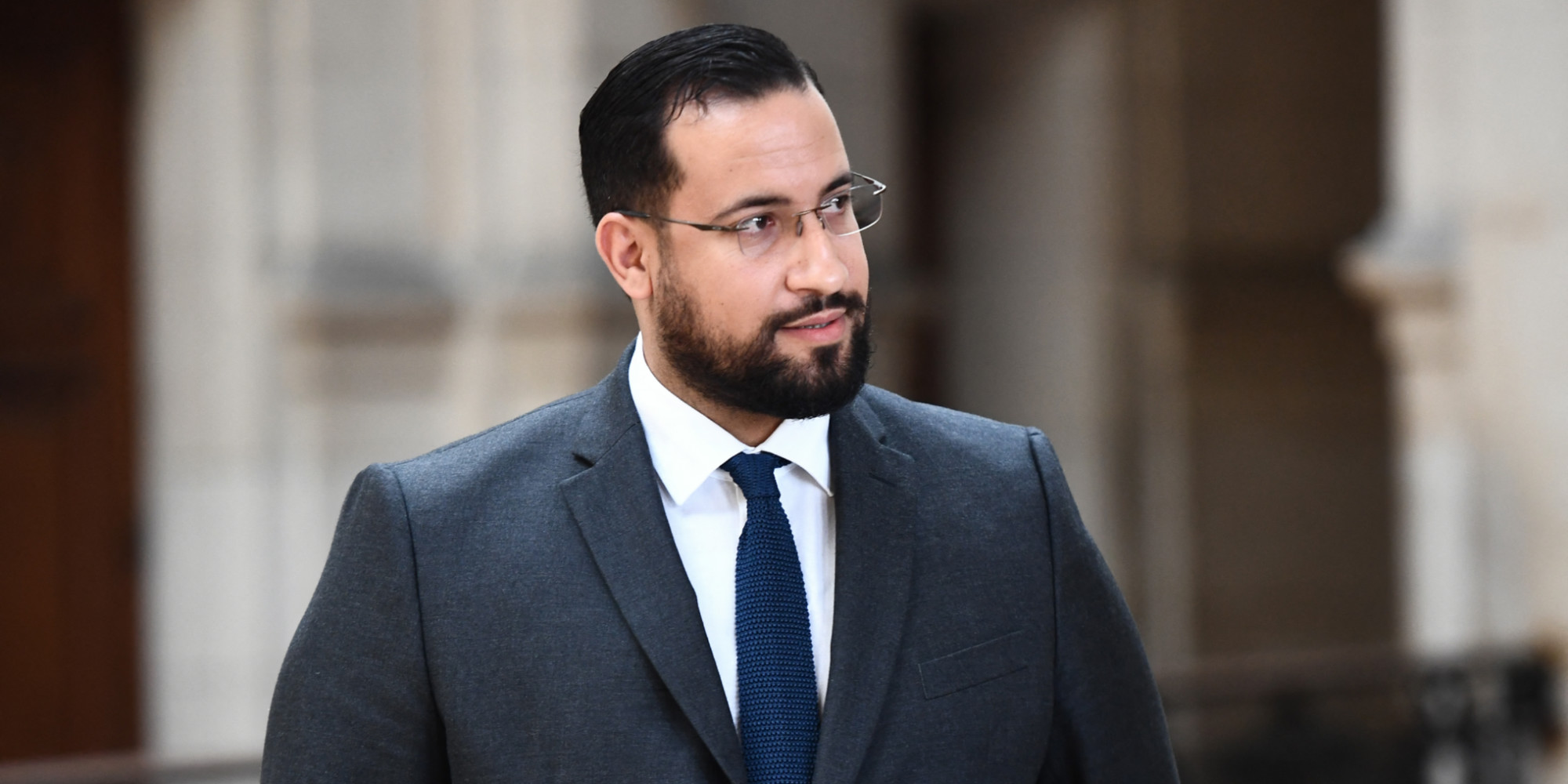Europe 1 with AFP / Photo credit: Christophe ARCHAMBAULT / AFP 15:05 pm, June 09, 2023
This Friday, the appeal trial of Alexandre Benalla for the violence committed on May 1, 2018 began. The defendant, former head of mission of the Elysee, has kept a low profile, acknowledging certain alleged facts, except violence in assembly and interference in a public function.The former head of mission of the Elysee Alexandre Benalla kept a low profile at the opening Friday in Paris of his appeal trial for the violence of May 1, 2018, acknowledging some of the facts of which he is accused. "I probably made many mistakes in my defense," said the former collaborator of Emmanuel Macron, now 31, pleading "mistakes of youth" even if he understands that it could have been "perceived as provocations".
Apology from Alexandre Benalla
Alexandre Benalla, in a gray suit, short beard and square glasses, is retried for molesting five people while trying to arrest them on the sidelines of the May 1, 2018 demonstration in Paris, wearing a police helmet, while he attended the parade only as an "observer". He is also accused of having transmitted CCTV images illegally obtained from the police, of having continued to travel with diplomatic passports after his dismissal from the Elysee, of having obtained a service passport thanks to a false document and of having illegally carried a handgun in 2017.
The "Benallagate" had erupted on July 18, 2018, after his identification on a video where he brutalized a couple at Place de la Contrescarpe, in Paris, and the many twists and turns of the case had poisoned the beginning of Emmanuel Macron's first term. At the trial of first instance, in September 2021, Alexandra Benalla had challenged foot by foot all these grievances, recognizing only a "stupidity" concerning diplomatic passports. The criminal court had sentenced him to three years in prison, including a farm, under electronic bracelet, describing his explanations as "absurd and irresponsible".
Change of tone before the Court of Appeal: the defendant made an act of contrition, apologizing to those affected by his actions, and admitted all offenses except violence in assembly and interference in a public function.
"I made a fake"
"By transmitting a signed note" on the letterhead of the chief of staff of the Elysée at the time, François-Xavier Lauch, "without his agreement", to request a service passport, "I recognize that I committed a forgery," he said. At the first trial, he denied any "fraudulent intent" and said he had "done things properly". The defendant also acknowledged that he should not have released the CCTV footage, which he hoped to use to exonerate himself, and considered that he had "lost all credibility" by saying during the investigation that the weapon displayed in a photo in 2017 was "a water gun".
On the other hand, "I maintain my appeal with regard to intentional violence and interference in public office. As I have always said, I believed I was acting within the framework of the law," added Alexandre Benalla. The Court of Appeal will, however, examine all the alleged facts and can "maintain, reduce or increase the penalties", stressed the president. Asked about his situation, Alexandre Benalla explained that he had lived in Switzerland for two years, with his wife and two children, and worked as an "advisor to the president" of a small NGO, the Global Organization for Resilience and Crisis Management.
His co-defendant Vincent Crase, 50, a former reservist in the national gendarmerie, also limited the disputed facts to violence in assembly and interference in a public function. In particular, he admitted to carrying a weapon prohibited for having taken away on the day of the demonstration a handgun normally kept in a safe at the headquarters of La République en Marche, the presidential party now renamed Renaissance. "It was an endangerment that had no place to be," he said.
With short hair and black shirt, the long-time friend of Alexandre Benalla said he was "unemployed" and lives in Senegal, where he was until recently an executive of a private security company. The Court of Appeal will also rule on July 6 on the transmission of a priority question of constitutionality presented at the beginning of the hearing by the defense of Vincent Crase, who maintains that the definition of the offense of "interference in a public function" is not sufficiently precise. The trial is scheduled to last until June 16.

